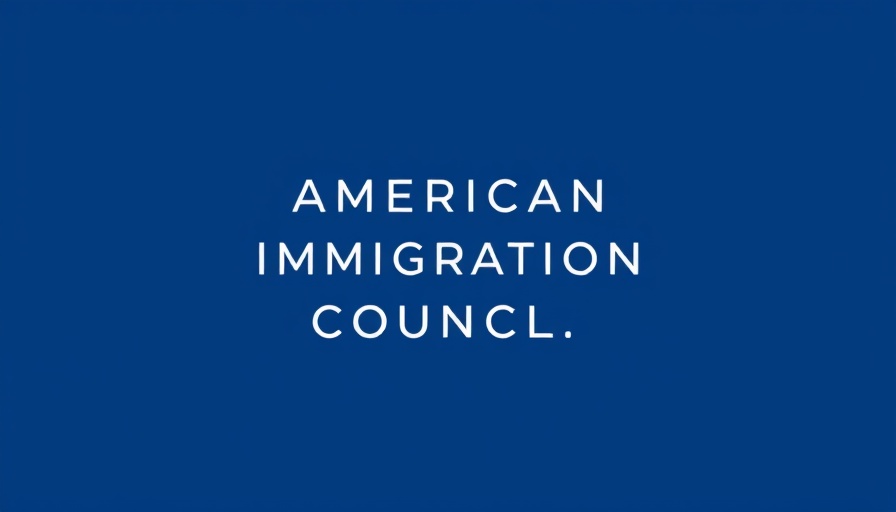
Understanding the Implications of the $100,000 H-1B Fee
The recent proclamation from the Trump administration imposing a $100,000 supplemental entry fee for H-1B visa applicants has sent shockwaves through various sectors of U.S. society, particularly affecting cap-exempt institutions like universities. Initially perceived as a blow to all foreign nationals seeking to work in the U.S., further clarifications revealed a nuanced intention behind the policy.
A Targeted Strike on Academia?
While the initial announcement suggested a sweeping application to all H-1B visa holders, subsequent communications from the USCIS indicated that the fee would only apply prospectively to newly filed petitions. This exemption means those already in the system or traveling for work are not immediately affected, easing some of the anxiety. However, cap-exempt institutions, particularly liberal arts colleges and research universities, are still left vulnerable. They may be the true targets of this fee, not merely as a revenue generator but as a political maneuver aimed at stifling liberal academic institutions.
Impacts on Liberal Institutions Like Harvard
The implication that prestigious institutions like Harvard could be financially crippled by this additional cost is significant. As noted by immigration experts, this move may not solely aim to restrict foreign labor, but also to influence the academic discourse and the politically liberal stances of such universities. The punitive nature of this fee aligns disproportionately with the values these institutions represent, creating a chilling effect on their ability to attract international talent. Critically, the intent may be to shift costs onto those that the administration perceives as unsupportive of its agenda.
Future Policy Considerations for H-1B Visa Holders
As the situation develops, it remains pivotal for those involved in immigration, particularly legal practitioners and academic institutions, to monitor the fallout of this proclamation closely. The H-1B visa ecosystem is complex, and while immediate fears may have subsided for cap-subject workers, uncertainty lingers for prospective applications and renewals. The absence of a clear exemption for cap-exempt employers suggests a looming legislative battle, requiring ongoing advocacy and legal scrutiny to protect both immigrants and institutional integrity.
In conclusion, while the $100,000 H-1B fee may seem like just another hurdle for foreign workers, its implications stretch far beyond individual visas, targeting the very heart of liberal academia in the U.S. Only time will tell if this policy will bring the desired results or ignite a legal and political firestorm.
 Add Row
Add Row  Add
Add 




Write A Comment